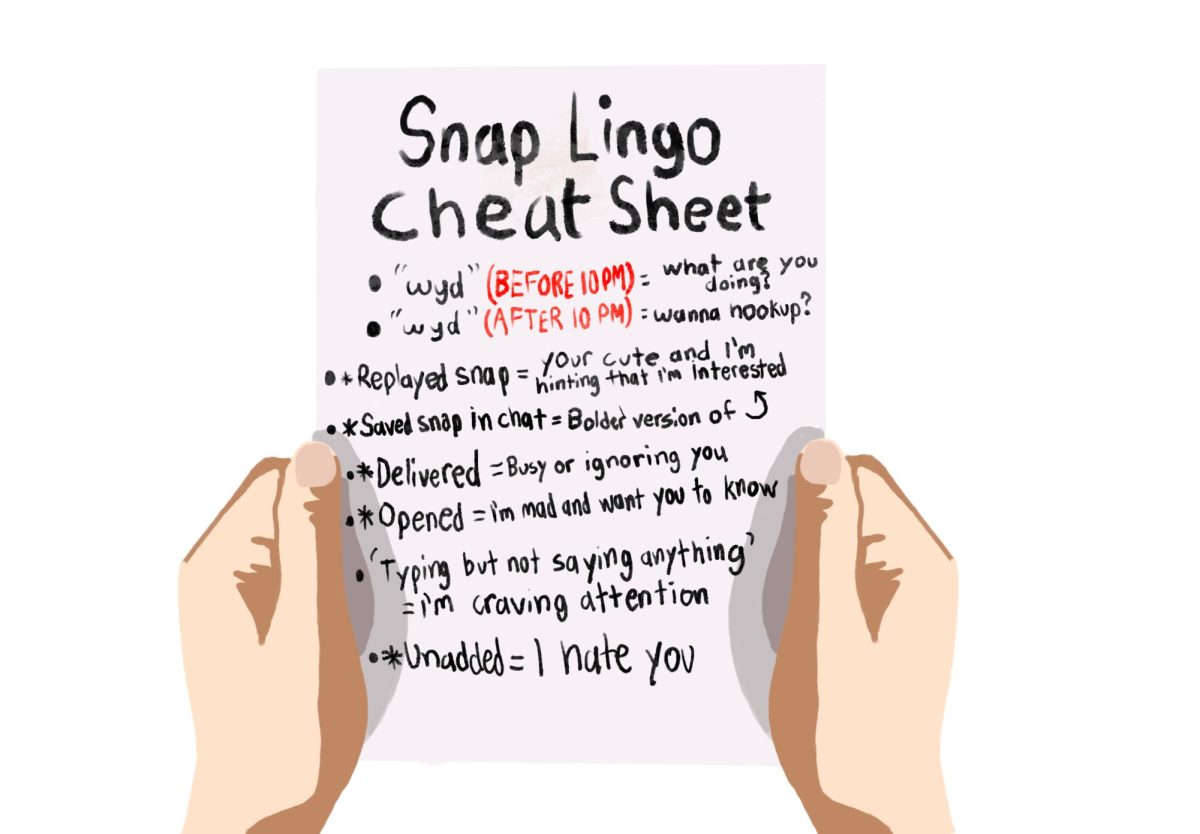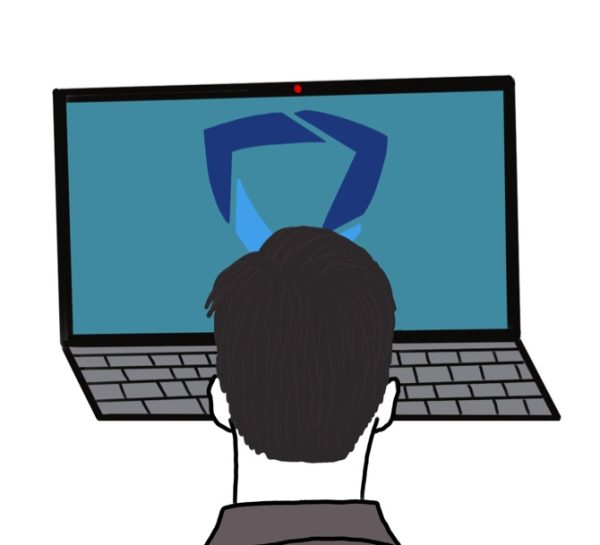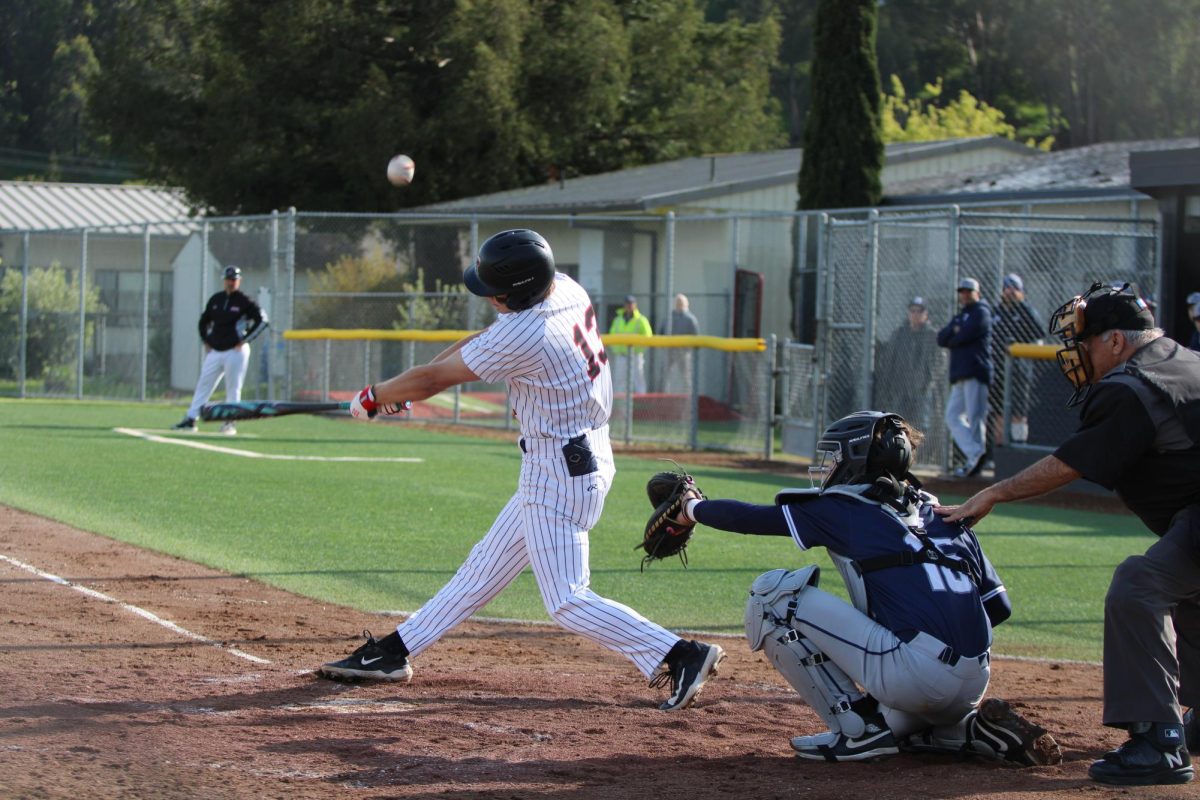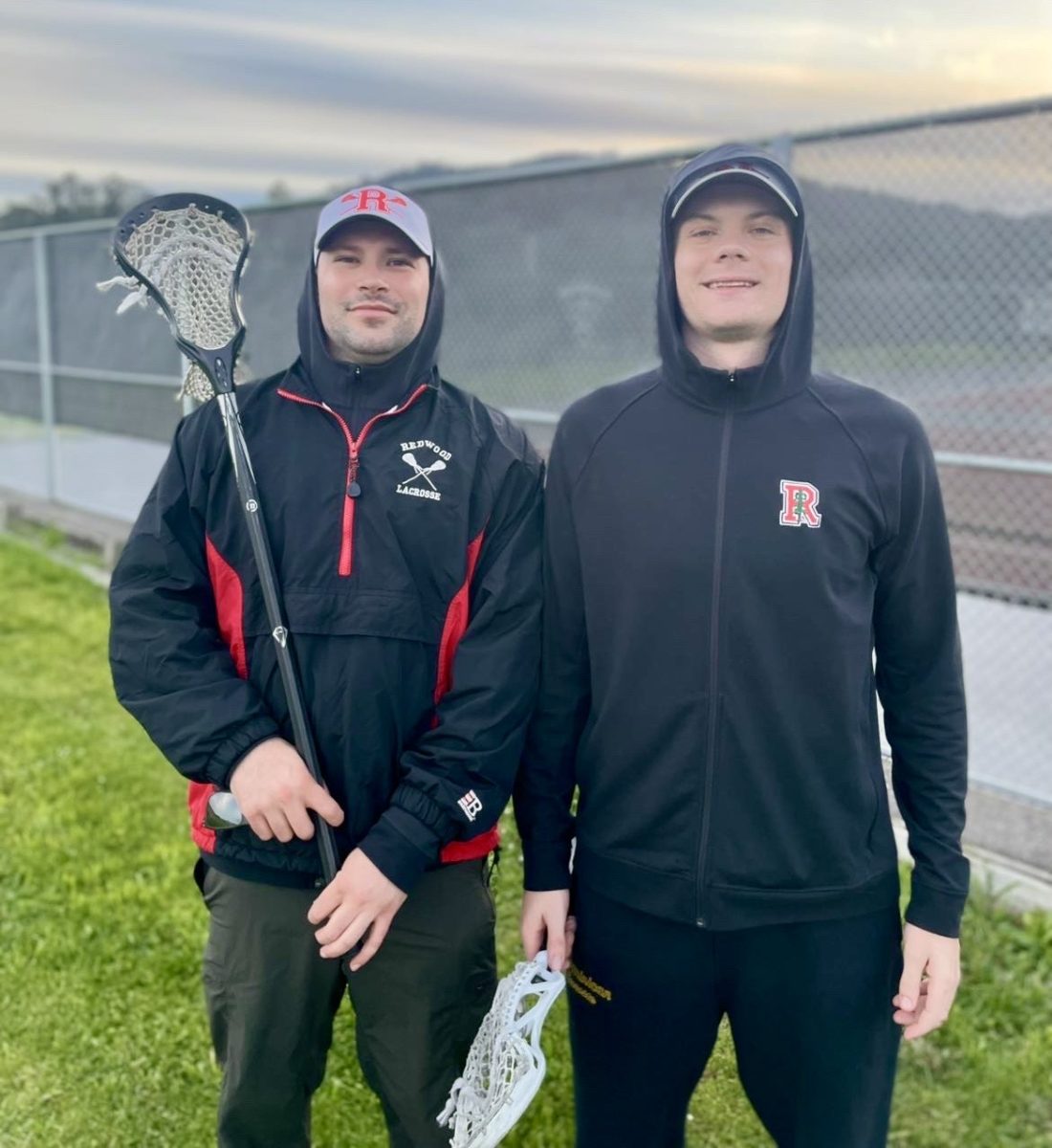A March 2024 Bark survey found that just under three out of every four males at Redwood High School, or 74 percent, have placed a sports bet on an online platform despite being underage. Apps like Fliff, PrizePicks, FanDuel and DraftKings have taken over the sports gambling world, especially for teens and young adults. The survey also found that just over one out of every four females, or 27 percent, have placed sports gambling bets — a third of the rate for men.

A gambling study done by the National Center for Biotechnology Information found that men took more risks and had lower levels of impulsive coping mechanisms than women; those who took more risks and had lower levels of impulsive coping were more likely to engage in gambling. Local psychiatrist Steve Balt has dealt with teens for years now and has come into contact with teen gambling addicts in the cycle of gambling addiction that the study found.
“It seems that sports gambling has taken a significant rise recently. Young men [specifically] are at a really susceptible place where they are likely to become addicted quickly and create a terrible situation that is very difficult to break,” Balt said.
Further proving the study and Balt’s statement, senior Ethan Werner has been gambling on sports apps for about a year, mainly on the app Fliff.

“[Fliff] makes it so enticing to gamble. They give each user a free dollar every day to gamble with,” Werner said.
This allows people like Werner to start gambling without going head-first into the deep end with their own money. Essentially, Fliff encourages young men to gamble their own money once the $1 bets no longer fulfill the winning feeling. Werner claims to have not spent any of his own money gambling yet, but that does not mean he has not lost the “free” money he once had.
“Over the summer, I kept making money on [Fliff], and I reached a total of $100. I then placed it all on a Champions League soccer game and lost all of [that] money,” Werner said. Although it was “free” money, Werner has started the first steps of a possible sports gambling cycle.
Junior Miles Harrison, president of the Youth Gambling Addiction Club at Redwood, explained that people often place bets with their friends and root for their team to try and make money, but it can quickly result in more detrimental effects.
“People always make an excuse, saying that they just gamble with their friends to make the game more interesting or to have a better time,” Harrison said. “But, when people come into school the next day and start talking about the $10 they won in [a less popular] league, you know there is a possible problem.”
Sports gambling has recently experienced a massive increase in participation, as DraftKings Sportsbooks’ market cap increased by 169 percent in 2024. The increase has many reasons, mainly attributed to the legalization of online sports betting in 2018. A person can now place a sports bet anywhere, anytime, on any device.
“When looking at all the different sports betting platforms, it is [evidently] way too easy to place a bet. For somebody trying to quit gambling, this can make it difficult,” Harrison said.

Even under 21, high school and college students place sports bets online at a staggering rate. Although underage gambling is an illegal practice with massive legal implications, such as fines, suspension of a driver’s license, probation, community service and jail time, students are often able to navigate around these consequences.
Many teens use unorthodox methods to place their bets. An anonymous source, who will be referred to as Roger, has been gambling on sports for about three years and explained how he has placed his online bets.
“It’s really easy. I’ve used a Virtual Private Network (VPN) to claim that I was located in Canada, and I’ve also used a bookie. On Fliff, I used friends’ IDs to extract the money,” Roger said.
There are endless ways to maneuver around the age limit without repercussions. Because it is online, sportsbooks don’t care who places bets as long as their company brings in money.
The previous study conducted by the National Center for Biotechnology Information also found that only three percent of sports gamblers make a profit in their lifetime. Balt has found this number to be accurate, as he has seen how the sportsbooks make regular customers out of one-time gamblers.
“The sportsbooks create placeable bets that seem fair. [These lines] are just the right amount of unlikely that a person would still place money on it and the sportsbook will make a profit. In the end, the sportsbook always has the upper hand, and they always win,” Balt said.
Roger confirmed that he has lost a lot of money in his time of gambling in his high school career.
“I’m $700 in the hole. It seems like I should stop when I hear the number, but something always keeps me coming back,” Roger said.
Extensive brain research helps to explain why teenagers are particularly susceptible to gambling. Marc Potenza, PhD, MD, director of Yale University’s Center of Excellence in Gambling Research, noted that different parts of the brain mature at different rates in ways that predispose teenagers to gambling and other risk-taking behaviors. He added that the prefrontal cortex, which regulates impulsivity and decision-making, is particularly late to develop, especially in boys.
The rise of online sports betting among underage students at Redwood High School reflects a broader trend in the accessibility and appeal of gambling platforms. The testimonies of students and the alarming increase in the sports betting market underscore the urgent need for heightened awareness and preventive measures. Initiatives like the Youth Gambling Addiction Club play a crucial role in addressing and mitigating the impact of gambling addiction within the school community. Ultimately, while the allure of easy money through sports betting can be compelling, the reality is that the odds are overwhelmingly in favor of the house, and the consequences for underage gamblers can be severe and lasting.
If you choose to participate in sports betting or gambling, you must come with the understanding that success is not guaranteed and that you risk the loss of some or all of the money used when betting on sports or gambling of any kind.
If you or someone you know has a sports betting or gambling problem, please call 1-800-GAMBLER or visit The National Council on Problem Gambling for more information and further assistance.













